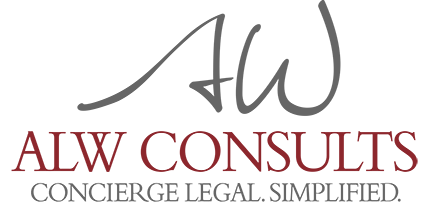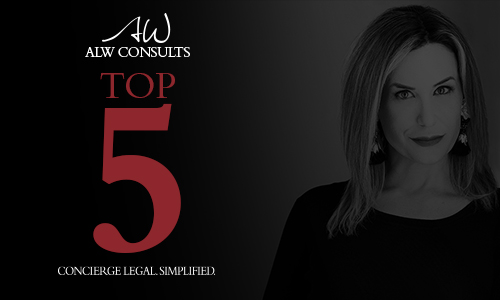Readers should seek the advice of an attorney and certified public accountant licensed to practice in their State for further guidance.
I think small business is critical to our economy and as a small business owner, I’m pretty excited when I can talk shop with my fellow human warriors who ‘do the daily’ and survive with the goal to THRIVE!
Small business lesson # 1
Grants, loans and cash-know the difference and be careful.
People underestimate the power and ability they have to access grants. During the Pandemic, it surprised me that a lot of small business owners weren’t sure if they qualified for grants. It’s important to know the difference between grants, loans and cash.
It’s also important to understand the legal consequences of not following the guidelines, rules and laws associated with obtaining grants and loans.
- Grants are not loans and do not have to be repaid unless you fail to meet conditions, terms and/or there were misrepresentations and/or breach of terms/guidelines.
- Civil and criminal penalties may apply in the event guidelines are not followed and laws are not followed.
- Loans must be repaid and are subject to terms. You must review the loan applications carefully, interest rates, repayment terms and shop around to be sure you’re getting a fair rate. You also must make no misrepresentations, follow the guidelines and terms each investor requires.
- The investor owns the note. The servicer is the company that sends the bill monthly. It is possible the investor and servicer are the same.
- It is important to know if you have a government investor like the SBA or private because different rules apply.
- Cash should be reserved for emergencies.
Small business lesson #2
You should have a Certified Public Accountant.
- To qualify for most grants and loans, you will need to be organized.
- In most cases, if you are a small business, you will need an EIN number. Lenders require borrowers to provide a tax return, 4506, and the IRS will require you to be in compliance.
- A CPA can help you understand what you need to organize your personal and professional tax lives to keep them SEPARATE. More information is available at IRS.gov
Small business lesson #3
Know what’s FREE.
- There are FREE resources EVERYWHERE for small business.
- In almost every city, town and nationally, there are non-profits that will help with tax preparation, free legal help, and programs for small business owners.
Small business lesson #4
- Don’t give up equity unless you must. I’ve always preferred debt to equity.
- When you’re a small business owner and you can’t pay bills, people may approach you for an equity (ownership) opportunity in lieu of payment.
- You must be very careful before you give ANYONE an ownership interest in your business
- I prefer a loan because before I ‘put the ring on’ a co-owner of any size in business, I’ve learned I want a long courtship.
- Definitely seek advise of a business attorney in your State qualified to practice in business who represents your interests.
Small business lesson #5
- Assemble your dream team and know your strengths. Write down on a sheet of paper every single quality that separates you from your competition.
- Take your strengths, tell your story. I love reading someone’s story. I want to know who I am shopping with.
- Who is it that is providing my goods and services? I want to know whose family I’m feeding. I love business websites and social media with a featured story.
- In any area where you feel weak, it’s perfectly okay! We can’t know everything.
- It’s okay to get help and it’s okay to admit you don’t know the answers. There are a ton of small business owners who want to help you grow.
- Other small business owners actually do care. Most towns have a chamber of commerce and county and city government that help too.
Cheers to thriving!

